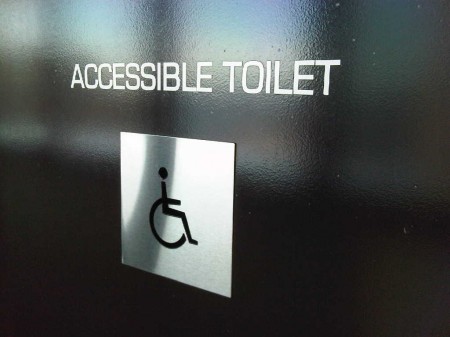I went to a new GP today.
The appointment was a long one, as I recounted my not inconsiderable medical history.
The conversation was a bit stilted. As a result, the thirty minutes seemed like sixty. It surprised me that a doctor nowadays would have such an awkward ‘bedside manner’.
Then, suddenly, the conversation became more like a chat, when I asked him for a prescription for Viagra (my head injury nerve damage means that I sometimes need a bit of help in the bedroom department!). He started smiling, his body language changed as he leant forward – he even cracked a joke about whether I needed a prescription that repeated 10 times rather than 5, in case I ran out too soon.
This illustrates perfectly that some people expect certain disabled individuals not to have a sex drive, not to have amorous thoughts, and heaven forbid have any relationship involving any physical post-pubescent contact.
When my GP discovered that I still had an active sex life, his whole attitude towards me changed. All of a sudden, in his eyes I became a fully rounded 3 dimensional person, capable, like him, of displaying a full range of emotions…including humour! Up until that moment, I think he was seeing me only as a rather serious and worthy character – certainly not someone he could have a joke with.
On a more personal level, my relationships with some women are not totally dissimilar. They respond in a much more unguarded and relaxed manner to my situation. Perhaps they don’t feel threatened sexually.
 I get similar kinds of attitudes all the time with people I come across every day. One of the most common examples of this is when checking into hotel rooms with my wife. The concierge is often mildly surprised if I ask if the room has a double bed in it (unsurprisingly perhaps, most adapted hotel rooms are twin bedded).
I get similar kinds of attitudes all the time with people I come across every day. One of the most common examples of this is when checking into hotel rooms with my wife. The concierge is often mildly surprised if I ask if the room has a double bed in it (unsurprisingly perhaps, most adapted hotel rooms are twin bedded).
You could say that in every bar, cafe, restaurant, or hotel, the wheelchair symbol reminds disabled people that they are not seen as men or women, but as part of a ‘third sex’.
